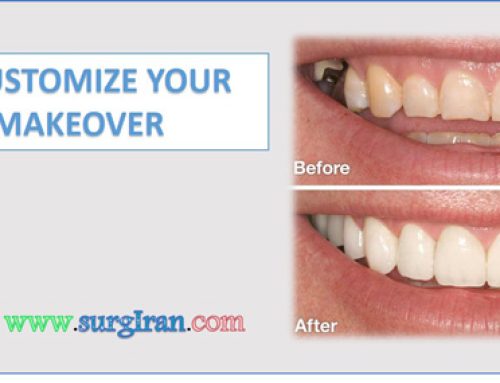
When it comes to candidacy for a rhinoplasty surgery, there seems to be one golden rule: don’t smoke. With an estimated 43 million smokers in the United States, the number of prospective rhinoplasty patients who are smokers is also too high. Most often, would-be rhinoplasty patients will be told they most stop smoking for a certain amount of time before and after the procedure, sometimes even permanently. Are facial plastic surgeons being too cautious or is there really some danger in combining smoking with rhinoplasty surgery? Learn more about the effect smoking really can have on your rhinoplasty surgery.
QUIT SMOKING TO BE A GOOD CANDIDATE
Maybe you’ve done some research of your own about what it takes to be a good candidate for rhinoplasty surgery. If so, then you’ve encountered the usual line: you must be in good physical health, not smoke, and have realistic expectations for your surgery. Right there in the middle, the words “don’t smoke” are tossed in for good measures. You’ll find this almost everywhere and for almost any plastic surgery beyond rhinoplasty too, and for very good reasons, which we’ll get to.
If you are a smoker, by all means you may become a good candidate for surgery, even if you aren’t one now. Attend a rhinoplasty consultation to connect with a qualified facial plastic surgeon and discuss your smoking habits. Together you can create a plan to quit smoking in time for your surgery, whether on a temporary or permanent basis.
WHAT SMOKING CAN DO AFTER SURGERY
Most people know all about the hazards of smoking by now, but few are aware of the risks posed by smoking before and after a surgery like rhinoplasty. Beyond the typical health complications, smoking also increases your risk for many unwanted side effects during the recovery process. If you continue to smoke throughout your surgical process, the following complications may result:
- Delayed or improper healing.
• Skin loss or necrosis, a type of skin cell death
• Excessive scarring
• Constricted blood vessels (caused by nicotine, which stays in the body for up to 2 weeks)
• Reduced flow of oxygen and blood to the treatment area
• Obstruction of the airway
• An increased risk of a reaction to anesthesia
• Poor surgical results or asymmetry of the nose
• Excessive bleeding
• Increased risk of infection




